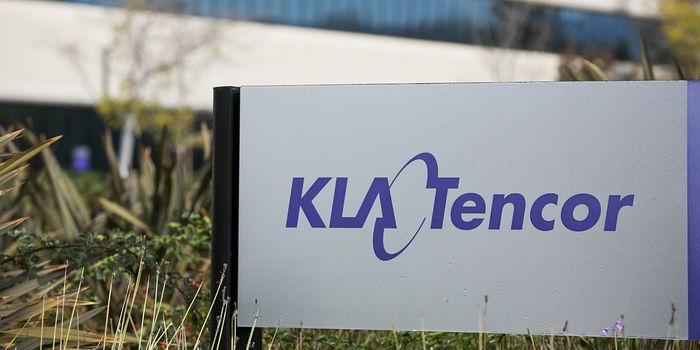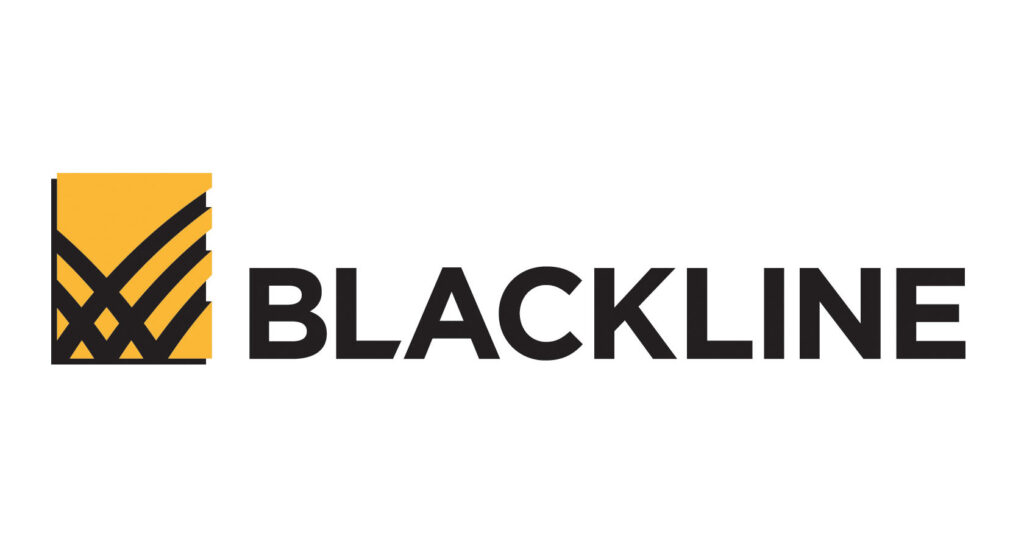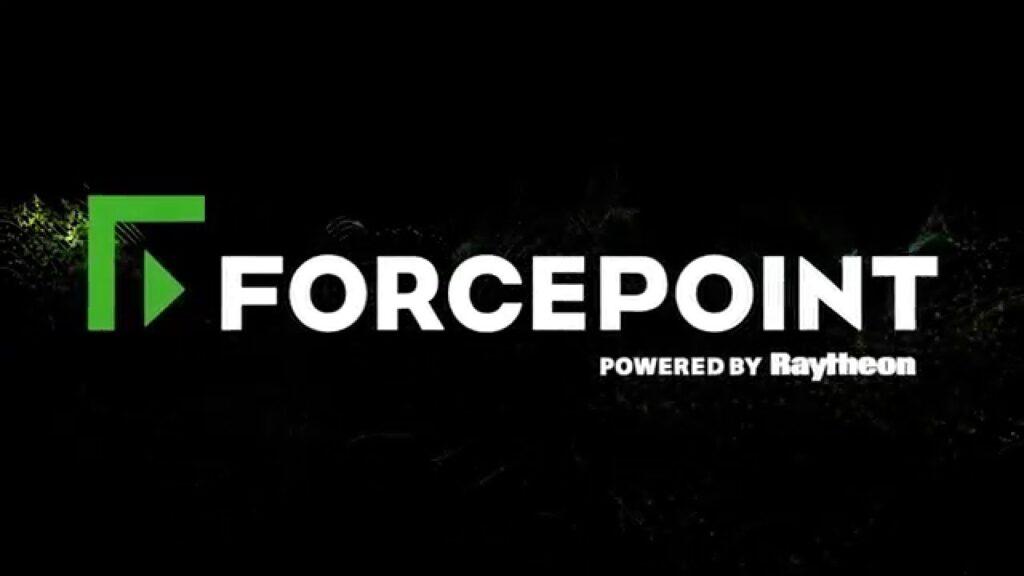KLA Corporation, A Company Promoting Innovation In The Semiconductor Industry.
KLA corporation creates market-leading products and services that promote innovation in the electronics sector. The company offers cutting-edge process enabling and process controlling technologies.
About The Company
Headquartered in Milpitas, California, KLA Corporation is a business that manufactures capital equipment. It provides yield management and process control systems to the semiconductor and other similar nano-electronic sectors. All stages of the reticle, wafer, integrated circuit (IC), and packaging manufacturing, from research and innovation to final volume manufacturing, are targeted by the company’s services and products. In order to increase production yields for a variety of conventional and custom semiconductors, printed circuit boards (PCBs), and flat panel displays, KLA produces a number of specialized diagnostic tools, metrology devices, and predictive analytics software. Its products are divided into three categories: PCB, Display, and Component Inspection, Specialty Semiconductor Process, and Semiconductor Process Control.

History
KLA Instruments and Tencor Instruments, two firms in the semiconductors machinery and yield management systems sector, merged to establish KLA-Tencor in 1997. The goal of the merger was to provide a single supplier for chip processing and diagnostics equipment. Ken Levy and Bob Anderson established KLA Instruments in 1975 with an emphasis on photomask recognition to spot chip flaws. Later, KLA diversified its product range to also include wafer metrology, unified examination and analysis software, and wafer inspection. Tencor was established in 1976 by American-born chemist Karel Urbanek and a collaborator named John Schwabacher. In 1984, the company developed laser-scanning technology to locate particles and other sorts of contamination after initially focusing on precisely measuring the thickness of semiconductor film layers. In 1998, KLA-Tencor acquired various companies like Freiburg, Amray Inc., Bedford, VARS, Quantox, Keithley Instruments, and Ultrapointe. In 2018, Orbotech, an Israeli company that sells automated optical inspection equipment, was acquired by KLA-Tencor for about $3.4 billion. In 2019, KLA-Tencor changed its name to KLA Corporation. In 2019, KLA made plans to establish a second US office in Michigan. The building was slated to open in the summer of 2021 and would house 500–600 new employees, around half of whom would be engineers. According to reports, the facility would encourage collaborations with the automotive industry and have a tie with the University of Michigan.
Controversy
KLA settled claims that the business and a few executives had improperly backdated share options grants in January 2008 by paying $65 million. The SEC claims that KLA dramatically inflated its disclosed financial results in this controversy, trying to deprive shareholders of accurate info about the corporation’s compensation costs and fiscal performance. SEC said that it was particularly troubling for a listed corporation to participate in such improper conduct even after being warned that these practices were illegal.
Founder – Kenneth Levy
Kenneth Levy has been involved with the semiconductors machinery and equipment sector for more than 30 years and currently holds the position of chairman of the board of KLA-Tencor Corporation. Levy was a co-founder of KLA Instruments, which merged with Tencor to establish KLA-Tencor in 1997.
CEO – Rick Wallace
Rick Wallace is the CEO and President of KLA Corporation. In 1998, he joined KLA Instruments as an application engineer and has worked there for more than 30 years, holding a variety of general management responsibilities. He worked for Cypress Semiconductor and Ultratech Stepper earlier in his career. In the past, Mr. Wallace held various positions on the SEMI Board of Directors, including Chairman of the Board. Mr. Wallace obtained his electrical engineering bachelor’s degree from the University of Michigan and his engineering management master’s degree from Santa Clara University.

I am a law graduate from NLU Lucknow. I have a flair for creative writing and hence in my free time work as a freelance content writer.




